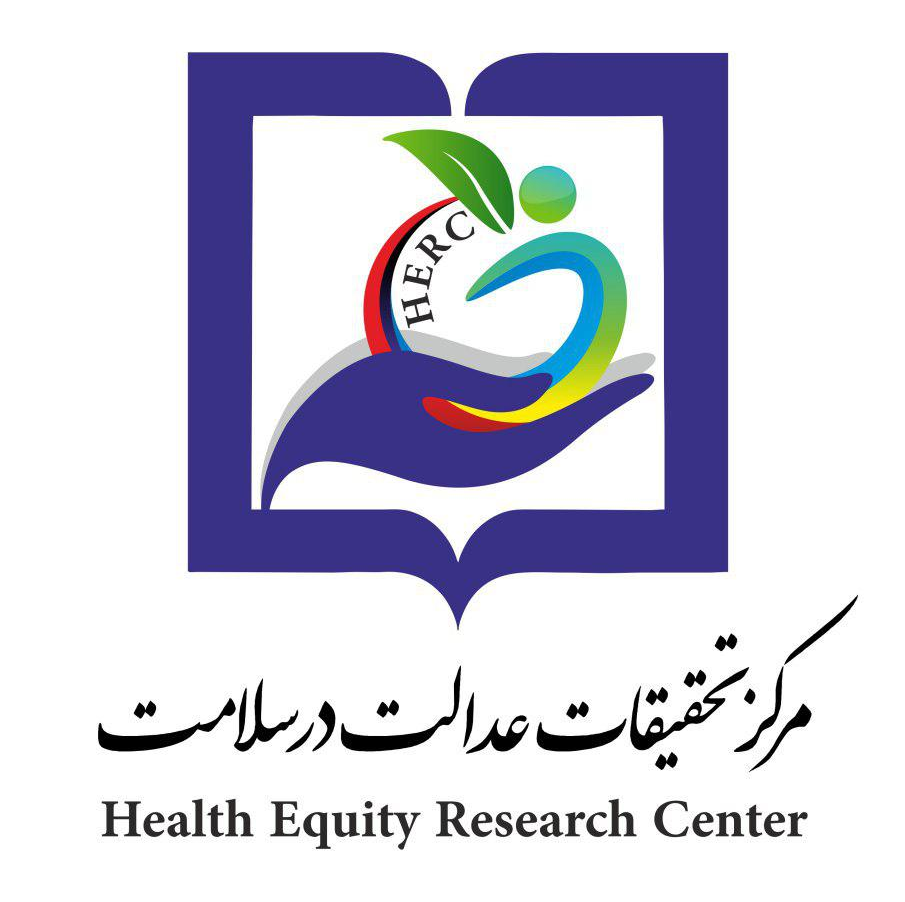Background
The re-emerging dominance of the Taliban in Afghanistan in 2021 caused a new wave of Afghan refugees heading Iran and neighboring countries. Iran in the Middle East and Germany in Europe are two major host countries to the largest populations of Afghan refugees. In both countries, several studies have been done to assess the health condition of refugees.
Objectives
To systematically review the existing literature to identify similarities and differences of health conditions of Afghan refugees living in the two countries, and to synthesize evidence on the health status and health care access of these populations.
Methods
Related electronic databases and grey literature of Iran and Germany on the health of Afghan refugees were scanned and searched up for the period 2000–2020. Key terms were formed by combining “Afghan refugees or immigrants or populations or asylum seekers”, “Physical or mental health”, “Healthcare service or access or use”, “Iran or Germany”. Empirical studies were considered if they contained samples of Afghan refugees with particular outcomes for Afghans. Results were categorized for both countries in the three main areas of physical health, mental health, and access/use of healthcare services.
Results
Nine hundred twenty-two documents were extracted, of which 75 full-texts were finally reviewed. 60 documents belonged to the health condition of Afghan refugees residing in Iran including 43 in physical health, 6 in mental health, 8 in healthcare access and use, and 3 in multiple aspects of health, and 15 belonged to Germany including 7 in physical health, 4 in mental health, 2 in healthcare access and use, and 2 in multiple aspects of health. A less explicit evaluation of the overall health condition of Afghan refugees was observable, particularly for Germany. While matches on the study subject exist for both countries, in comparison to Germany, we extracted more quantitative and qualitative health studies on Afghan refugees of the mentioned areas from Iran. German health studies were rare, less qualitative, and more on the health condition of diverse refugee groups in general.
Conclusions
Wide gaps and unanswered questions related to mental health and overall health status of the Afghan refugee population are observable, especially in Germany. Our systematic review identified the gap in evidence, which we would recommend to bridge using a wider lens to comprehensively assess the overall condition of refugees considering associations between health and socio-economic and cultural determinants instead of a one-dimensional approach. Further, within health studies on refugee populations, we recommend stratification of results by the country of origin to capture the within-group diversity among refugees with different countries of origin.



No responses yet